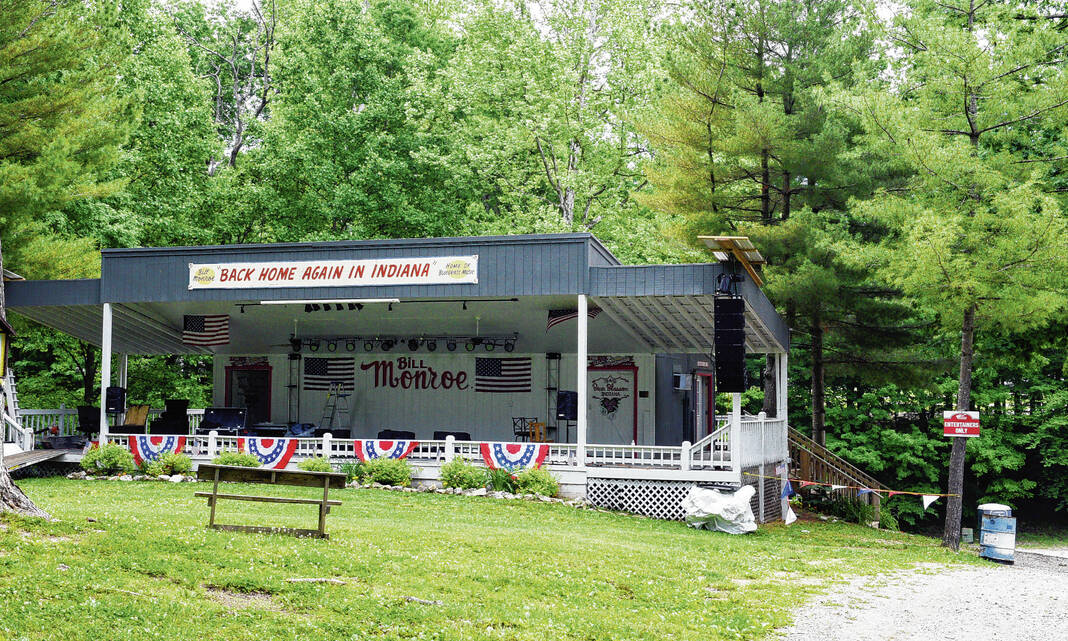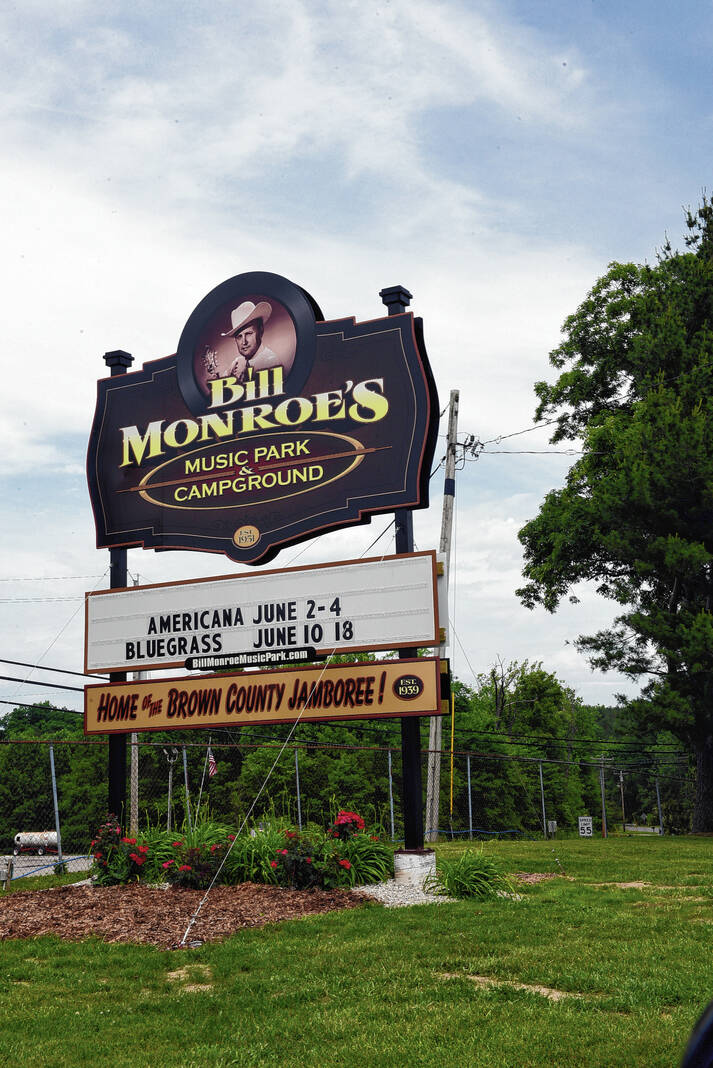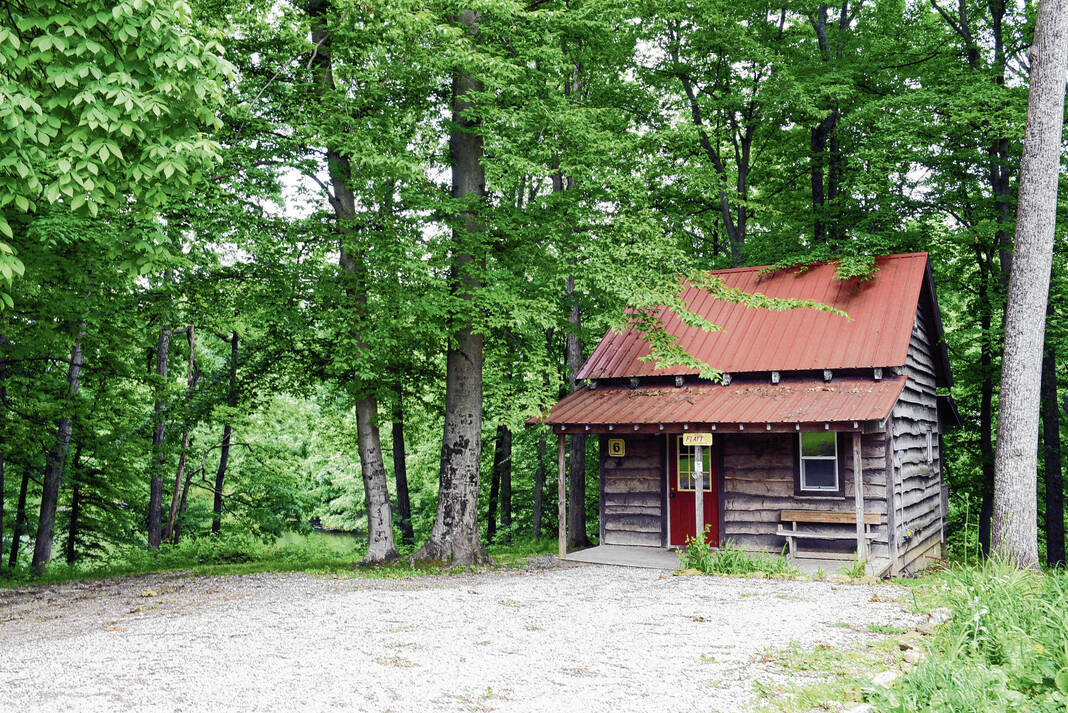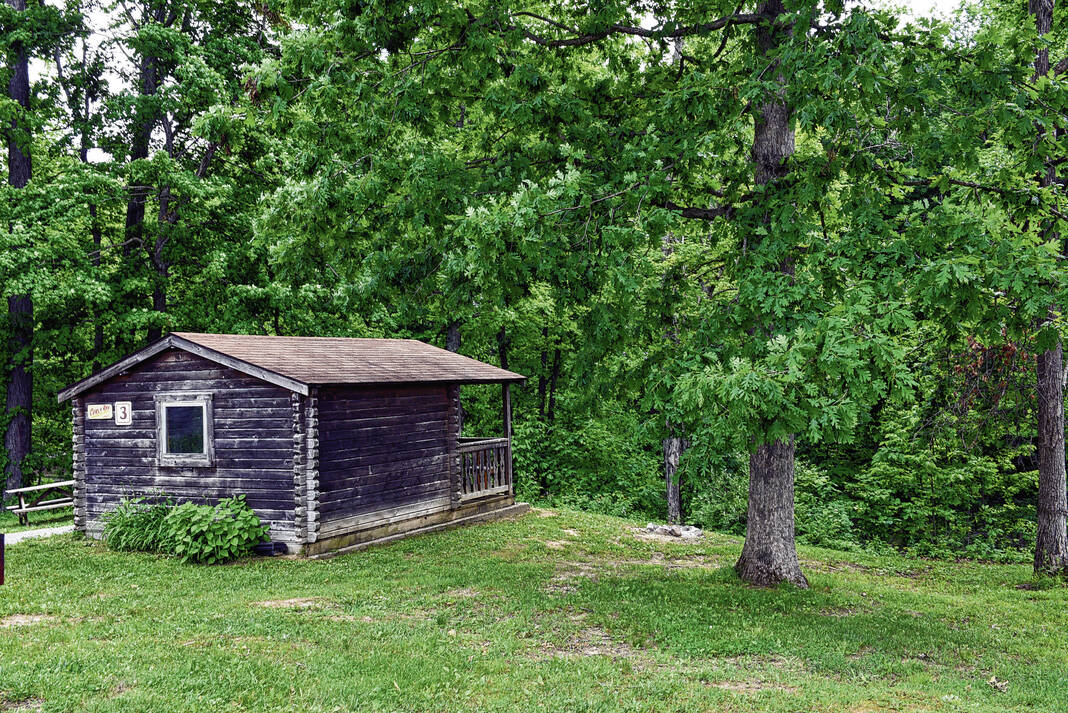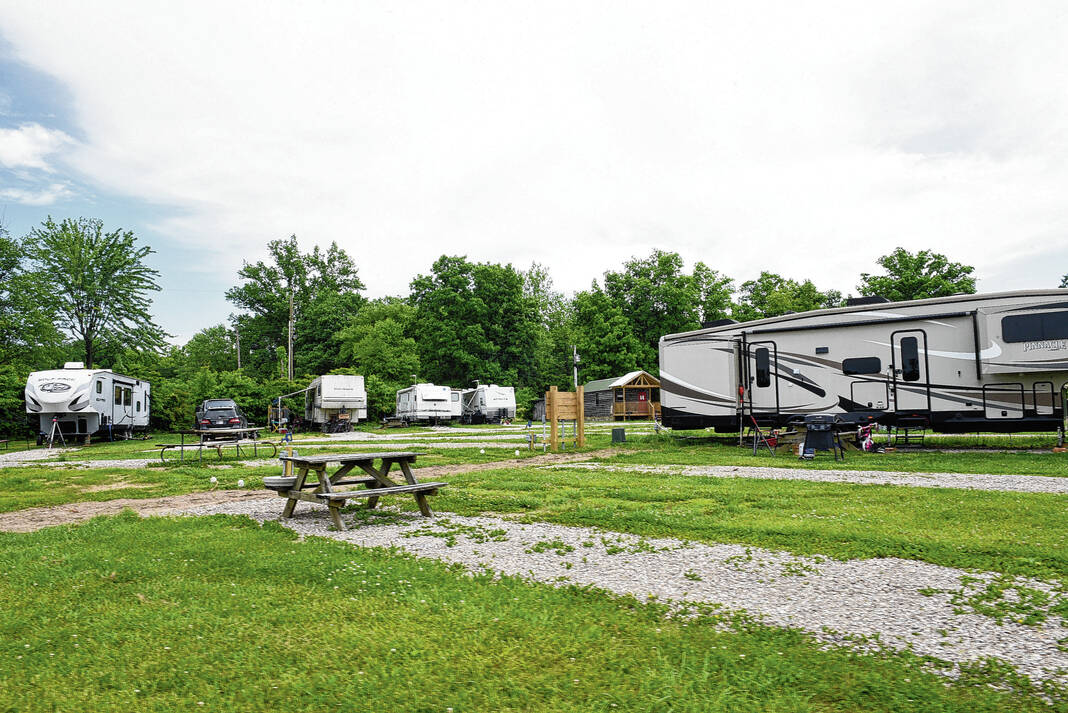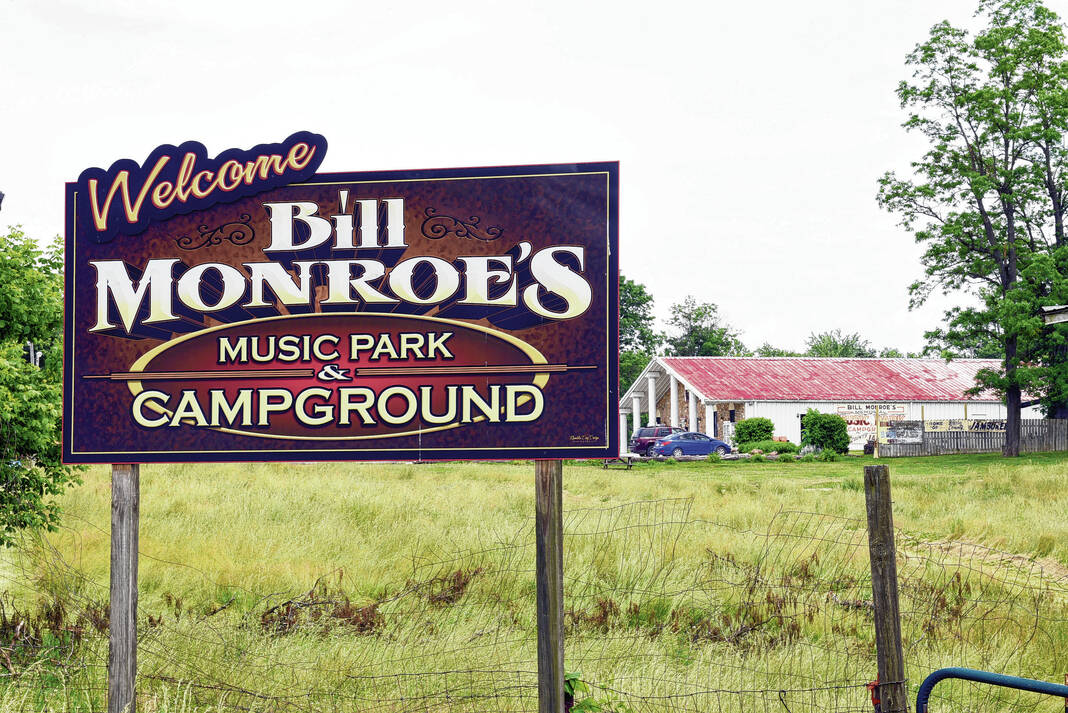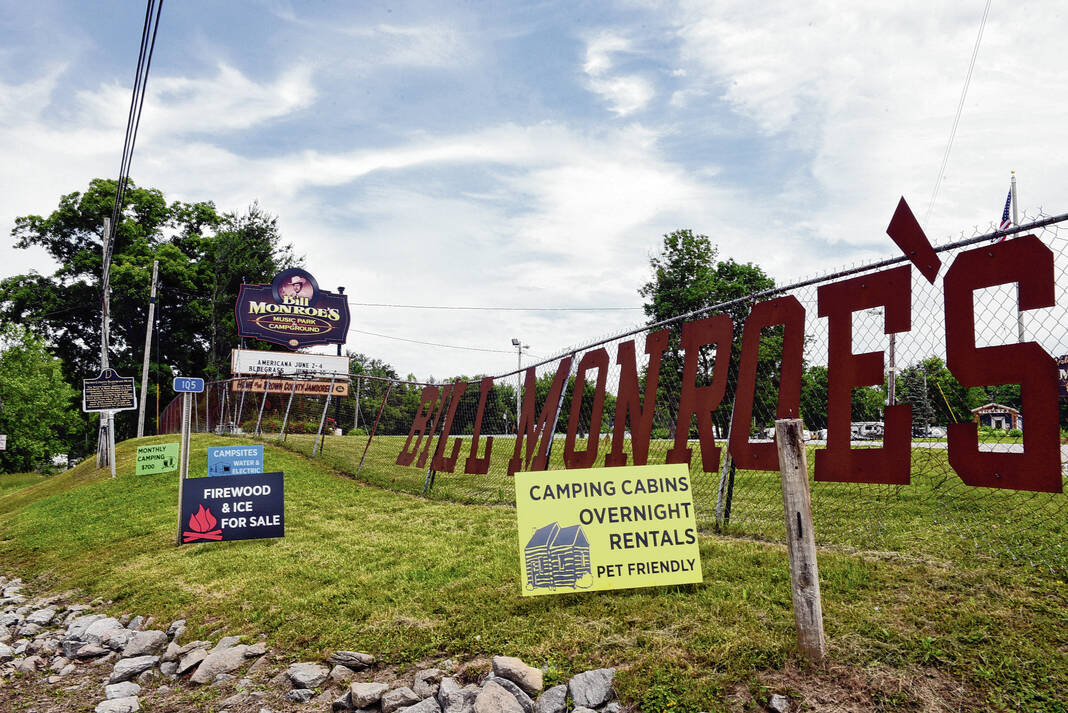BEAN BLOSSOM — Without a doubt some of the most heavily affected industries during the pandemic were entertainment and hospitality.
Now, more than two years later, businesses have overcome, adapted and now find themselves returning to a familiar yet new way of life.
One of those businesses is Bill Monroe’s Music Park and Campground in Bean Blossom.
Just 10 minutes north of downtown Nashville, Bill Monroe’s has been a fixture on State Road 135 North since the late 1930s, drawing campers, musicians and travelers from all over.
Last year the annual Bill Monroe Bluegrass Festival was combined with Uncle Penn Fest and took place in September over the course of three days.
This year the festival is back, a full nine days of music and fun at the campground.
They resumed in-person events in July last year, with Hippy Hill Festival returning under certain pandemic guidelines.
Acts from all over will return to the outdoor stage — which has gotten some repairs and a fresh coat of paint — for classic and familiar festivals and some new shows that have been added to the calendar.
The Cajun Festival held in May was new and last weekend the music park welcomed the Americana Bean Jamboree, which replaces the John Hartford Memorial Festival that has been moved to a location down south, Debbie Dunbar, media outreach coordinator for Bill Monroe’s, said.
After an abnormal and unpredictable two years in the entertainment and hospitality industries due to the pandemic, Dunbar said they’re getting back in the groove of live music again.
“The festivals we have coming back are doing really well,” she said.
Word is getting out about new festivals, she said, and even though people are still a little hesitant they are fully opened up.
“We had really good memorial day weekend,” she said. “Looking forward to more of the camping holidays and those type of activities.”
Dunbar said that Bill Monroe’s isn’t an RV resort, but an old fashioned, true family park.
Old Fashioned Feeling
With more than 55 acres, the campground is the “perfect place” to bring the family, a group of friends or plan a camping trip with an organization, a press release from Bill Monroe’s said.
“This campground has no frills, no extra amenities to charge for, just some old fashioned camping experience where everyone can enjoy the great outdoors without crowds, while enjoying the company of other campers,” the release said.
Bill Monroe’s Campground offers all types of camping sites to suit camping styles from “boondocking,” primitive tent sites to RV sites with water and electric, limited full hookups, fire rings and picnic tables.
There is a dump station on site, campfires are permitted and campground jam sessions are encouraged.
In addition to the camp sites, there are 14 camping cabins and 2 recreational campers available to rent for those who want a similar experience to camping. Cabins and campers can be reserved online via Airbnb and VRBO. For those working on the road, there are 23 sites dedicated to workers who can stay monthly, with full hookups including sewer, water and electric.
Visitors can spend time fishing in the 5-acre catch and release Pastor Baggett Lake.
Swimming is no longer allowed in the lake, Dunbar said, as it posed too much of a liability.
Kids can play on the playground, explore the park, hike the trails and ride bikes on the grounds.
There is not any WiFi at the campgrounds, so people are able to unplug, disconnect and enjoy being together, Dunbar said.
“Just the old fashioned feeling,” she said.
There is an on-site camp store, gift shop and Bill Monroe’s Museum &Hall of Fame.
There is a Wi-Fi café in the museum building if guests need to connect and catch up on their work. Firewood and ice is available to purchase at the front of the park, four-person golf carts are available to rent, or bring your own for a minimal fee.
Jam (session) packed year
The park has long been associated with music, beginning with the Brown County Jamboree, which was held every Sunday in the early 1940s under a tent.
Locals Francis and Mae Rund began developing the property and by the summer of 1941 large crowds were coming to the Brown County Jamboree, which at the time was a tent erected on their property.
The Rund’s soon realized they needed to construct a permanent building structure with seating to accommodate the weekly music events.
In the early 1950s, bluegrass musician Bill Monroe was impressed by the amount of people who visited to the small town to see local musicians and stars of the Opry in Bean Blossom.
Monroe began playing at the popular Brown County Jamboree by 1951. That same year Mr. Monroe decided to purchase the Jamboree grounds from the Rund’s and he took over management for the 1952 season.
The first annual festival hosted by Bill Monroe was in 1967 and called the “Big Blue Grass Celebration.”
Monroe did not want to put his name on the event or use the word “festival,” because competing bluegrass and folk events used the term. It was officially a two-day event in late June.
The next year the festival was extended to three days to accommodate the large crowds. In 1968 the festival attracted ten thousand people and by 1969 the event was billed as “Bill Monroe’s Bluegrass Festival” and the location was referred to as the “Brown County Jamboree Park.”
On June 7, 2016 an Indiana historical maker was placed at the edge of State Road 135 North, just north of the park’s entrance.
Over the past three years, the park has undergone upgrades and improvements, enhancing the experience for campers, festival goers and visitors to Brown County.
This year the park will produce six music festival, keeping the musical history of the area alive.
The Bill Monroe Bluegrass Festival will be from June 10 through 18. The festival is the longest running bluegrass festival in the country, according to the press release, and has been “a summer staple” in Indiana for the last 56 years
The nine-day festival features daily bluegrass bands, workshops and Sunday Bluegrass Jam sessions are being added this year.
Uncle Pen Fest will be September 21 through 24. It was founded in 1974 as a tribute to Bill Monroe’s maternal uncle, James Pendleton Vandiver, “Uncle Pen.”
Uncle Pen played the fiddle and Monroe later attributed his musical knowledge to him.
Monroe’s parents had both died by the time he was 16 and Monroe lived part of the time with his uncle, where he would play mandolin while his uncle played fiddle at local square dances and social events.
Greatly influenced by Vandiver, Monroe wrote a song about him, “Uncle Pen,” in 1950, which went on to be a hit for Porter Wagoner (1954) and Ricky Skaggs (1984).
Uncle Pen Fest is four days of different styles of bluegrass music, musician workshops, jams and gathering of friends and fellow campers.
Additional music festivals this year are the inaugural Indiana Cajun/Zydeco Crawfish Festival which took place in May and featured a live crawfish boil, live music, dance lessons, second line, crawfish races, crawfish eating contests and more.
The Americana Bean Jamboree was from June 2 through 4 and offered a “diverse blend” of musical genres including roots, rock, blues, upbeat bluegrass, country and folk.
Hippy Hill Fest was held last year and will return from July 28 through 30 this year. The theme of the festival is the music of the 1960s, where it moved towards an electric, psychedelic version of rock, reflecting the off-beat, psychedelic characteristics of the counterculture itself, the press release said.
The Southern Indiana Blues Festival will be from Aug. 25 through 27. It was rebranded last year, as blues festivals have been held at the park since 1999. The weekend kicks off Thursday with a jam session hosted by the Bloomington Blues Group House Band and is open to all musicians. Friday and Saturday features two stages of continuous, live blues, workshops from artists, a BBQ cookoff and more.
Booking a campsite, cabin and RV’s can be done via the online reservation system or by calling the park office. Camping does not include admission tickets
Festivals are held rain or shine and there are no refunds on camping, festival tickets or golf cart rentals.
This story was edited to remove a sentence stating Ben Voils bought the business in 1998.

